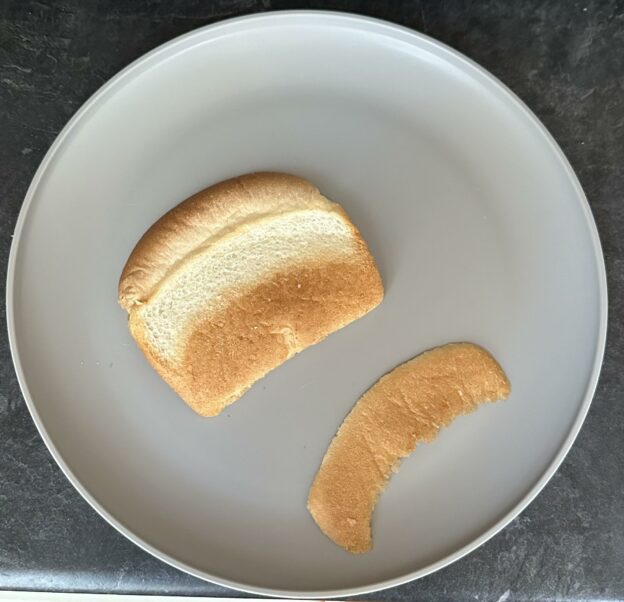To some, chumros, or stringencies beyond what halacha requires, are always laudable. But in the Vidui Rabbeinu Nissim, recited on Yom Kippur Katan, we confess, amid actual sins, that “What You declared pure I declared impure… what You permitted I forbade…”
So what makes a chumra proper?
I suggest it’s the intent. If a chumra is motivated by love of Hashem, it is praiseworthy. If motivated by neurosis or by a “holier than thou” or other self-serving attitude, it is worthy only of repentance.
The Gemara (Brachos 20b) recounts a conversation between Hashem and angels. The latter protest that, although Moshe declared that Hashem does not show nesias panim, special favor (Devarim 10:17), in Birchas Cohanim, in our parsha, it states Yisa Hashem panav eilecha – “May Hashem show you special favor…” (Bamidbar 6:26).
Hashem’s response: “How can I not show Klal Yisrael favor when, despite the requirement of satiation for reciting Birchas Hamazon, they do so even after eating a mere olive or egg’s volume?”
How does that address the complaint? And what right do we even have to say Birchas Hamazon if we’re not satiated? I think what is being conveyed is that Klal Yisrael, out of love for Hashem, considers itself satiated even with a meager portion of food – a “chumra,” so to speak, a venture beyond the norm – which in turn merits a parallel “beyond the norm” on Hashem’s part, in His showing us special favor.
I wonder if that may be why, in the bracha the cohanim make before Birchas Cohanim, the word “bi’ahava,” “with love,” is appended. Could it be because love is what merits it and love is what it expresses?
And I wonder further if a hint to that word’s being added to the bracha lies in the unnecessary letter vav in the word emor (ibid 6:23), “Say,” that introduces Birchas Cohanim. For vav means something that bonds two things (Shemos 27:10) – and the letter itself, used throughout the Torah, meaning “and,” bonds the word before and the one after it.
And Birchas Cohanim bespeaks a bond, a bond of love.
© 2024 Rabbi Avi Shafran
